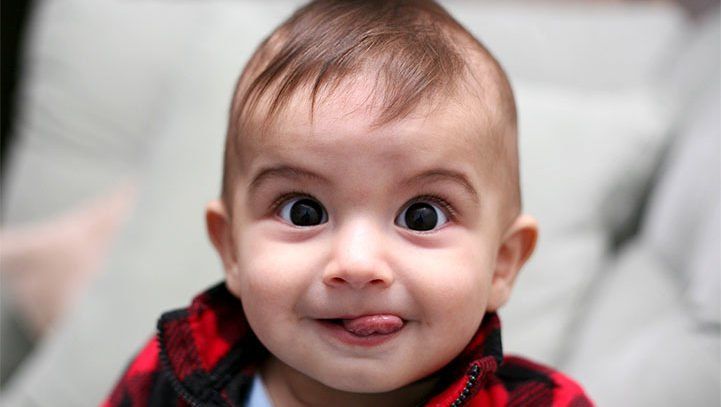
May 31, 2017
Almost anything is possible in today’s age as far as artificial insemination and in vitro fertilization is concerned. Unfortunately, very few laws exist to protect children born from these methods, and even fewer rights are afforded them, according to the author of a new book, “Babies of Technology: Assisted Reproduction and the Rights of the Child.” Mary Ann Mason, a professor at UC Berkley, advocates for more regulation in the fertility industry. She claims that children have a fundamental right to know who their biological parents are even if they are not birthed from traditional conception methods.
She sees it as problematic that sperm donors are promised anonymity, causing many of their children to be unable to find them should they wish to know who their birth fathers were. Even when the biological parent is known, there’s no guarantee that the child will have any rights, e.g., an inheritance.
Mason shares the story of a Florida father who froze his sperm before he died of cancer, and his wife gave birth to twins using that sperm after he had passed away. The twins weren’t considered his survivors, so the U.S. Supreme Court ruled that they didn’t qualify to receive his Social Security benefits.
Mason also feels sperm and egg donors shouldn’t be promised anonymity. Instead, assisted reproduction needs to be better controlled with regulations that look out for the interests and rights of the child, more so than the current regulations in the US.
The donors also shouldn’t be paid, resulting in fewer cases where individuals can donate a lot of their sperm or eggs and become parents anonymously to hundreds of children who never learn the identities of the donors who helped create them.
Artificial insemination and bioengineering of embryos is not going to go away, and therefore, the country needs stricter rules and perhaps a federal administrative agency that oversees all aspects of assisted reproduction. Children born in the US have the all the rights of a US citizen, no matter how they’re conceived.
If you have questions about your rights as a child of in vitro fertilization or artificial insemination, contact our legal team to see how we can help.






